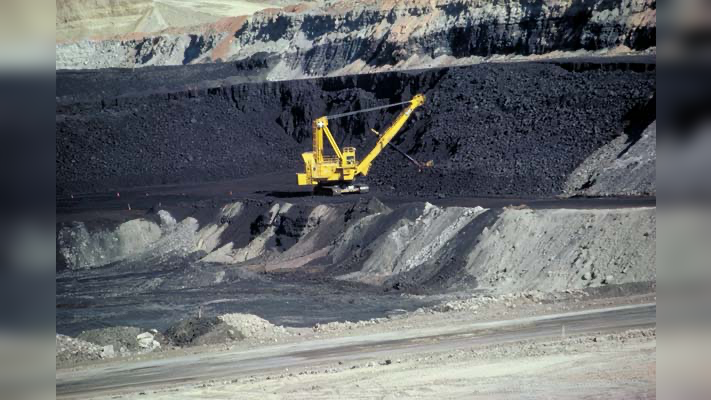
This story was originally published by Real Clear Wire
Written by Vijay Jayaraj
Real clear wire
On a recent cold winter's day, Munich residents were surprised to see people skating in the street. Yes, this is the amount of snow that fell on the German city and other parts of Europe during the early winter of 2023-2024.
Although land and air travel were disrupted, Germans survived the freezing weather with access to heating and basic amenities. But not everyone in our world is as fortunate as those who live on reliable energy sources in Western economies.
Billions of people around the world do not have access to safe sources of heat and electricity. For them, winter can be a fatal blow. The political war against fossil fuels makes matters worse for those who are not protected from low temperatures.
Snow is deadly and it won't go away
The prevailing discourse on alleged human-induced climate change has overshadowed the seriousness of the winter threat. We are inundated with warnings about the dangers of global warming. But historically, it is the cold that has been disastrous. It changed the course of history around the world and left people scrambling for food as plant life dwindled.
The icy cold of winter claims far more lives than the scorching summer, according to global analyzes of deaths from various natural hazards. In fact, a 2023 health study conducted in 854 European cities revealed that an estimated 203,620 annual deaths were due to cold while only 20,173 were attributed to heat. In comparison, only 1 in 10 extreme temperature deaths are attributable to heat while the majority are attributable to cold.
Regardless of concerns about global warming, the cold of winter will go nowhere and will continue to test humanity's survival mechanisms. Since August 2023, snow cover in the Northern Hemisphere has remained at or above the 57-year average.
Pseudoscience puts people at risk with unworkable energy policies
As climate science co-opts a global political campaign against allegedly anthropogenic global warming, societies may find themselves ill-equipped to face the coming winter weather.
In areas with particularly harsh winters and limited access to reliable heating sources, the risk of death and disease due to anti-fossil fuel policies is serious.
And in places like Mongolia, where economic and energy hardships converge, staying warm is a constant focus in the winter. This year, the country's electricity imports from Russia were disrupted, leading to millions of people losing loads in the middle of winter.
At 35 degrees Fahrenheit below zero, the people of Mongolia were left to fend for themselves. To cope with this harsh climate, they rely on only two crucial energy sources: internal electricity generation from their abundant coal reserves and the direct use of coal to heat homes. When we face winter days with temperatures dropping below freezing and covered in snow, neither wind nor solar energy can guarantee a constant supply of energy.
In other countries in the region, the scenario is similar. Poor communities in Afghanistan depend on charcoal to survive the winter. In Kyrgyzstan, the unreliability of hydropower leads to a constant need for coal. Similarly, people in Uzbekistan and Kazakhstan rely on coal for warmth, although the latter is also increasing its dependence on gas.
It is easy for hypocritical politicians who travel on private jets emitting carbon dioxide around the Western world to advocate the elimination of fossil fuels. But their activism blatantly ignores winter's chilling grip on remote communities.
It is long past time for Western media to boldly publicize the critical role of fossil fuels in supporting human life during harsh winter conditions. Such fact-based reports would put an end to the false narrative about a world doomed to global warming.
This article was originally published by RealClearEnergy and made available via RealClearWire.

